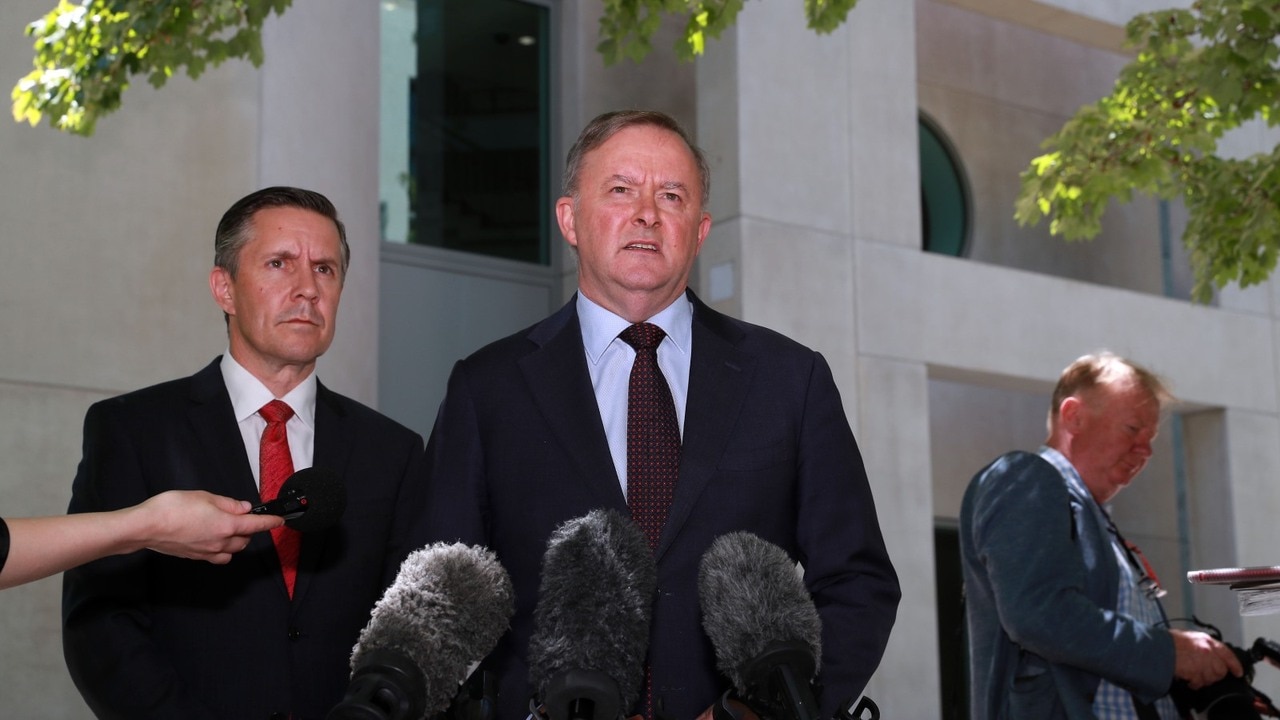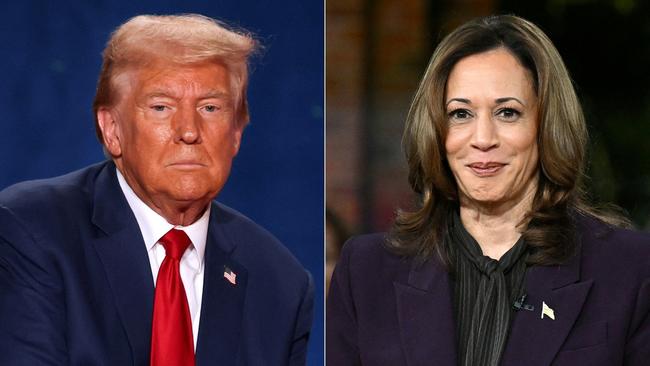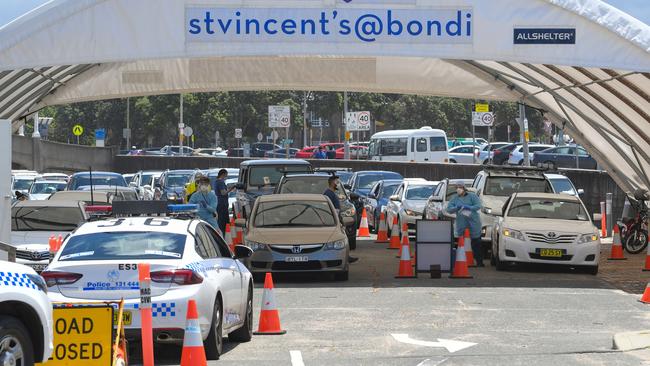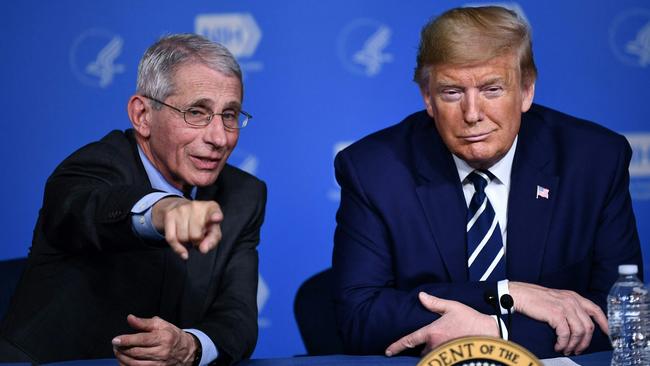
The destructive wave of global inflation triggered by the response to the virus – in which supply chains were wrecked by executive order and trillions of new dollars were pumped into the US and other economies – has been the single biggest political factor in the US election. If prices hadn’t surged by a cumulative 20 per cent or so after Joe Biden took office in 2021, Donald Trump would be facing a much more difficult task in winning back the White House.
The most common question Trump asks Americans – “Are you better off now?” – wouldn’t resonate much without the disaster of the pandemic response.
Inflation is almost uniformly at the top of voter concerns, even if too few of them understand what caused it: Covid policy, not Russia’s invasion of Ukraine in 2022, when inflation had already reached 7.9 per cent in the US.
It is a silver lining for those of us who trenchantly opposed practically all the measures and mandates – imposed for more than two years from early 2020 – that a great political lesson has been learned for future pandemics.
Whoever is in government when the repercussions of pandemic policy are fully understood could well lose office.

If Kamala Harris loses the race for the White House this week, don’t expect to see much enthusiasm from the Democrats when it comes to tearing up civil society in response to the next pandemic.
It’s pleasing, then, to see Australia’s Covid response inquiry report casts doubt on the wisdom of many of the government measures imposed which, from the viewpoint of the US, looked insane at the time and even more so in hindsight. Americans still ask me about them, the quarantine camps for the unvaccinated, the helicopters on the beach, the water cannon fired at furloughed workers, the brutal arrests of the unmasked in public parks.
But it is disappointing not to find the phrases cost-benefit analysis, net benefit or net cost even once in the 800-plus page document. The report implies harsh measures were justified in the early months of the pandemic, even if they weren’t many months later. But the reality is they never were justified, which is why no pandemic plan written by any government ever recommended them. That’s because the costs of the measures, fully and rationally considered to include all economic, social and psychological factors, swamped the benefits.
This was particularly the case with SARS-CoV-2, which afflicted almost entirely the very old and chronically ill.

Indeed, it’s possible, by undermining health, fitness and mental wellbeing and pushing millions of people into starvation in developing nations, the draconian measures rich nations imposed killed more people globally than they saved, especially when the average ages of the two groups are considered.
It’s worth recalling that Sweden, which was viciously criticised in 2020 for not instituting a health dictatorship, ended up with the lowest excess deaths of any nation in Europe; densely populated Japan, which never imposed lockdowns or business closures remotely akin to those experienced elsewhere, also did well.
People are free to make the case now that we should turn our societies upside down to extend the lives of our oldest and sickest by a few months, but no serious leader would attempt this now.
And that’s to say nothing of the distributional impacts within countries. High-income workers enjoyed booming asset values, lower costs and ample opportunities to virtue signal amid relative job security, while those from lower socio-economic groups, especially the young, saw their incomes, jobs, opportunities and life enjoyment crushed.
If Trump wins this week, it also will be a personal vindication: no other leader was so viciously attacked for allegedly playing down its severity.
“I think the 3.4 per cent (mortality) figure is really a false number; I think the real infection fatality rate is way under 1 per cent because the easy cases are not reported to the doctors or the hospitals,” he told Fox News on March 4, 2020, triggering a relentless burst of criticism from fearmongering experts favoured by the media. It turned out he was right.

Anthony Fauci himself had written in February 2020 in the New England Journal of Medicine that the death rate could be “considerably less than 1 per cent”. In April 2020, eminent Stanford scientist Jay Bhattacharya had already estimated the infection fatality rate at about 0.2 per cent based on a seroprevalence study in California.
John Ioannidis, among the most respected and cited medical scientists, wrote in a published review last year: “At a global level, pre-vaccination infection fatality rate may have been as low as 0.03 per cent and 0.07 per cent for 0-59 and 0-69-year-old people, respectively.” Let that sink in.
Whenever a new virus, no matter how mild, emerges in a human population of almost eight billion people, a sudden burst of deaths will occur, which in absolute terms could be significant. Health fascism wasn’t and won’t be the correct response.
It’s not enough to critique the over-reaction of lockdowns. The folly of forcing entire populations, regardless of age or health status, to take several injections of Covid vaccines that had no medium-term data also should be acknowledged.
If a second Trump administration includes former independent presidential candidate Robert Kennedy, we can expect to see a close critique of compulsory Covid vaccination and a far greater focus on data and analysis that will help us understand future pandemics.




The pandemic isn’t much mentioned in the US presidential campaign but it’s very much a referendum on Covid-19 policy in one critical sense.